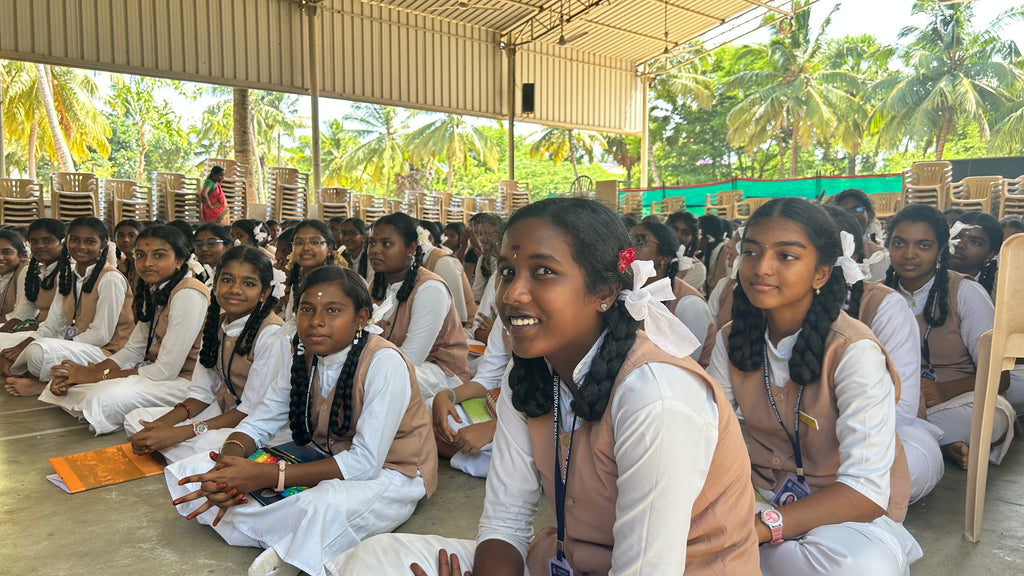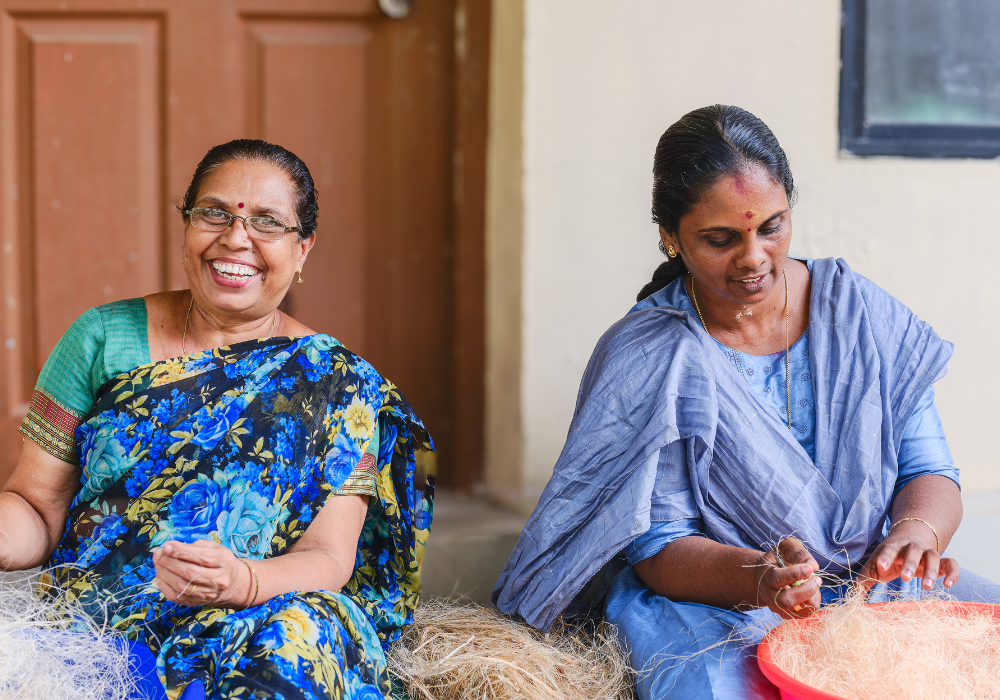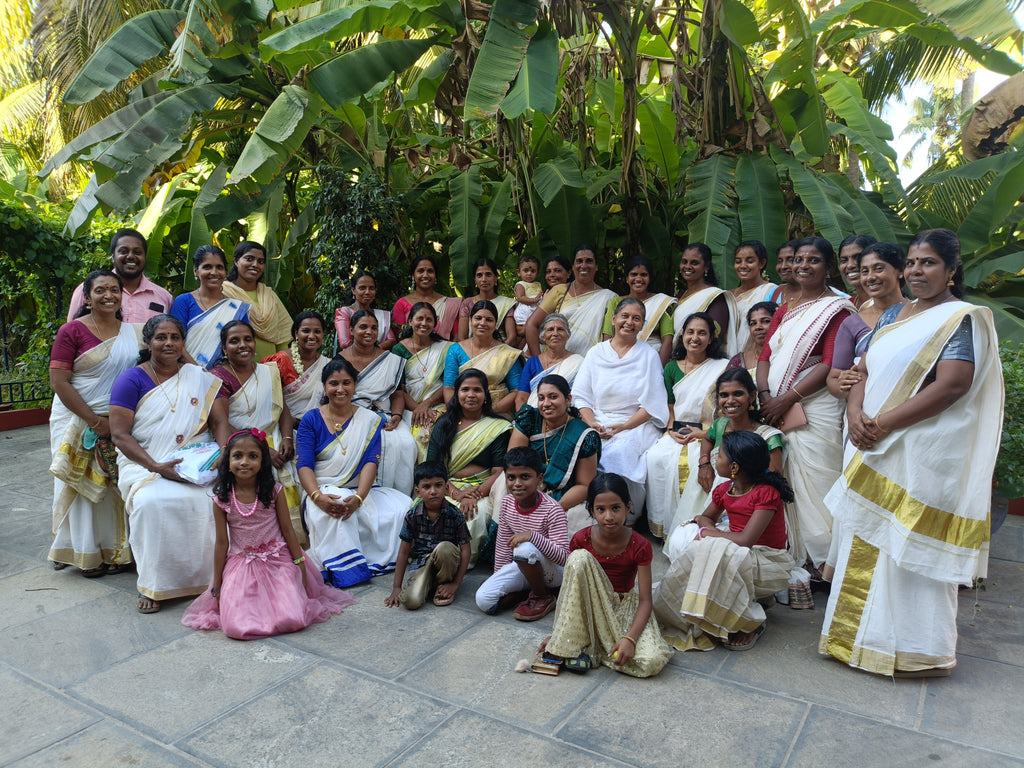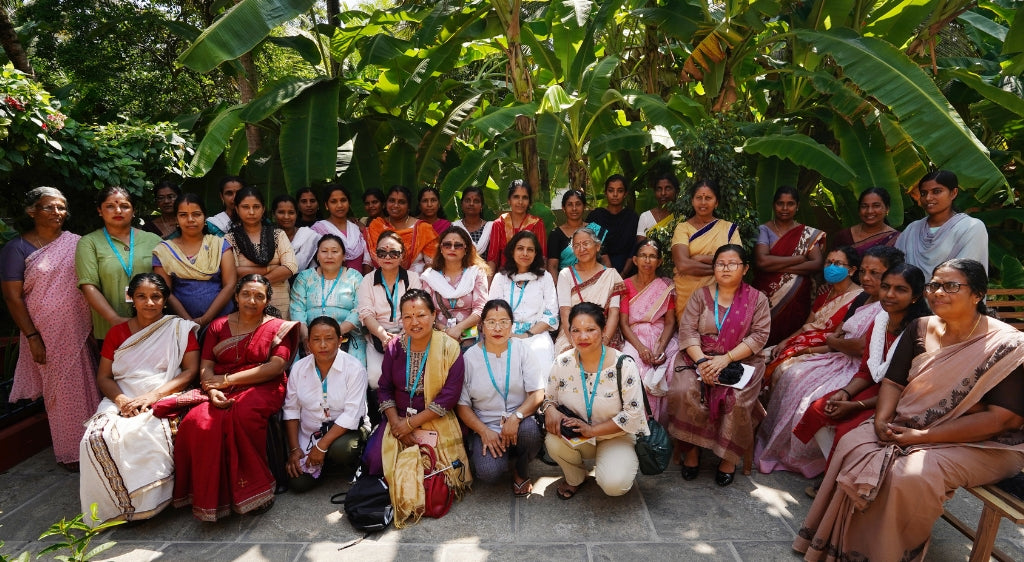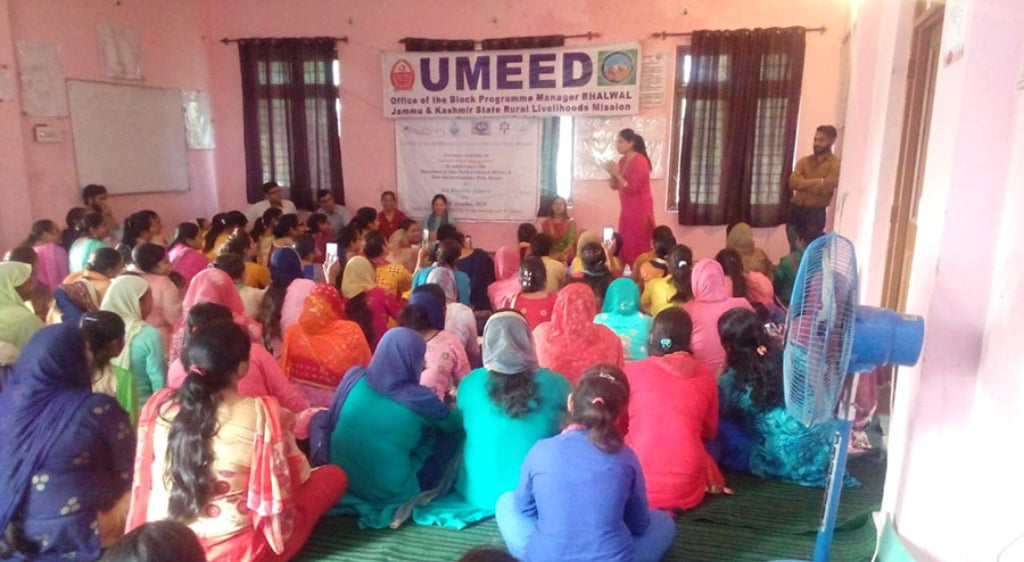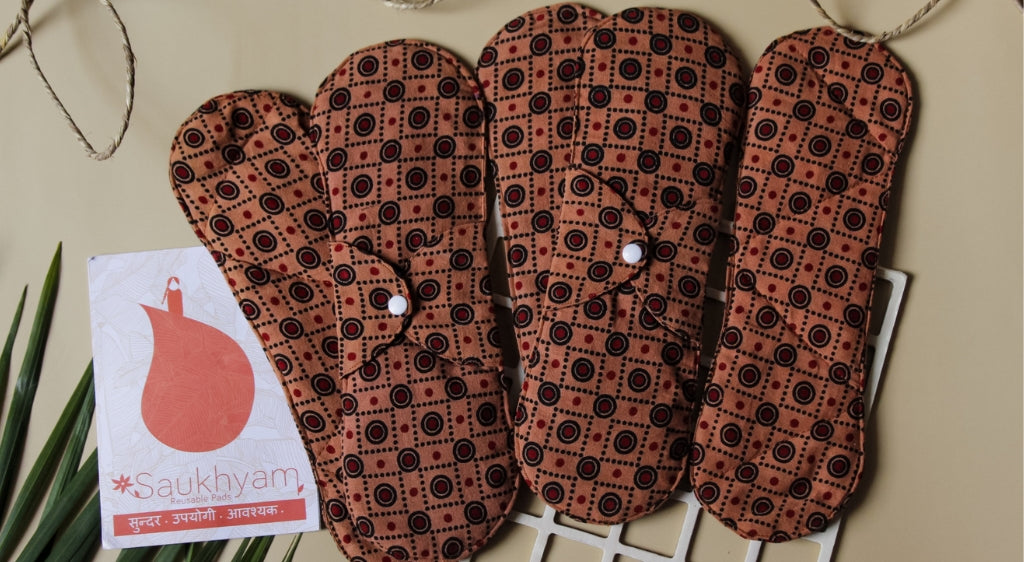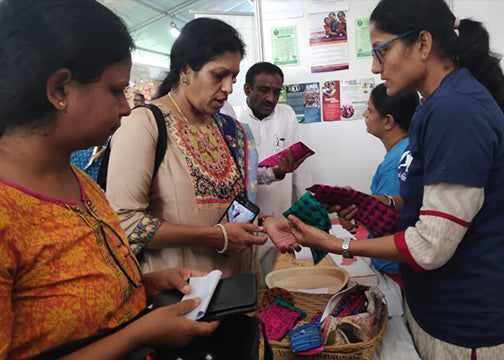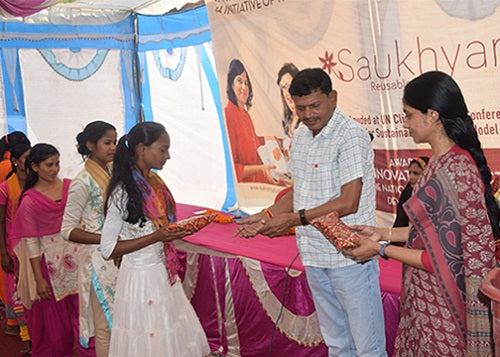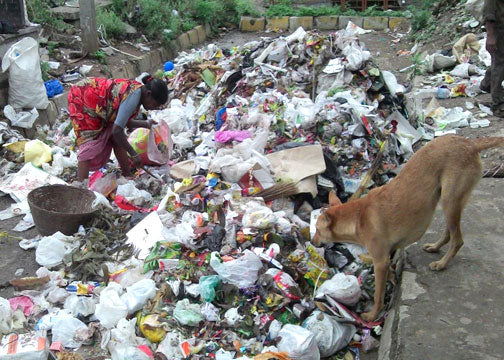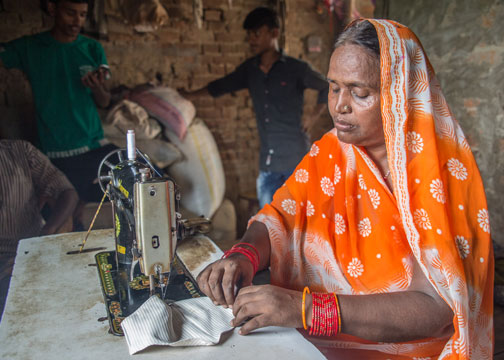In the Sufi tradition, the whole universe is described as the “Divine Womb.” The word used for “womb” here is the same as the word for compassion. In the jewish tradition the same hebraic root RHM is also the basis for those two words, compassion and womb. It is further said that the world exists, and is sustained, only by the power of compassion and sacrifice. In ancient times, the blood released during the menstrual cycle was considered to be extremely special, both because this is the only time the body releases blood without being injured, and because the menstrual cycle is synchronized with the cycle of the moon. In many ancient cultures, the menstrual fluid would be spread over the fields to increase the fertility of the crop. In some cultures, this fluid was even be ingested with the belief that it would evoke spiritual power. In Hinduism, it is said that all life was created by the thickened blood of the Divine Mother. The word “ritual” comes from the word rtu which is the word for “menses” in Sanskrit.
Menstruation was worshiped as a cosmic event connecting women to the cycle of the moon. Woman was considered to be at the height of her power during the days of menstrual flow. She was encouraged to withdraw and listen within; her inspiration of inner wisdom at this time was received with respect for the good of the community. It was in those ancient times that certain traditions were implemented in favor of women during their period. These included having a separate house or tent to withdraw to. It was not a banishment or exile but to ensure that a woman would not have to handle any physical chores but be able to fully relax and take advantage of this time. It was believed that because of her synchronism with the cycle of the moon, she had a profound connection with the universe and would therefore not need to go to temples or perform prayers during the days of menstruation.
The Need for A New Understanding
Unfortunately, over time, the original reason for these traditions was lost, yet the traditions remained, reimagined as a form of temporary exile, a way to cope with the perceived shame and uncleanliness of menstruation. Today, in many parts of the world, women and girls have been conditioned by society to see menstruation as something to be ashamed of, or worse that while menstruating, they are worthless and untouchable, polluting and cursing their environment during those days of the month.
According to a 2016 study conducted by the Tata Institute of Social Sciences (TISS), based on responses from nearly 100,000 Indian girls, nearly 80% of Indian girls are not allowed to enter religious shrines when they are on their period; close to 60 % are not allowed to touch food in the kitchen, and approximately 30 % are asked to sleep in a separate room when menstruating. The TISS study also found that 50 % of adolescent girls were caught entirely by surprise when they first got their period; no one had prepared them and they had no idea that menstruation was normal and a natural part of being a female. A new understanding of, and shifting attitudes toward, menstruation is not just important for achieving gender parity–it is a matter of life and death. As recently as August 2017, a 12-year-old Indian girl took her own life, reportedly after having been shamed by her teacher for having stained her skirt with menstrual blood. It is imperative that both men and women begin to realize that the feminine qualities which are based in Motherhood, given by the menstrual cycle through the hormones and the creative power within every woman, will only contribute positively to society and help to bring gender equality and peace. A mother has incredible patience and can endure tremendous hardship while still be loving and caring to those around her. The love, care and self-sacrifice that a woman offers to grow and raise a human being is the greatest and most selfless act of giving from one to another.
These qualities of motherhood are not limited to women who have given birth alone but are available to all women. Women need to understand that this is part of their great value and inner strength, and have the confidence to express this strength in every sphere of life. There are countless truly great examples of women who have tapped into their creative power and strength, demonstrating the care and responsibility of a mother far beyond their own families. There have been acts of self-sacrifice and service to humanity. There have been groundbreaking inventions, there has been great intelligence and bravery. Throughout history and throughout the world today, there have been great women leaders capable of bringing motherly qualities into their role, guiding and stewarding our one human family.

